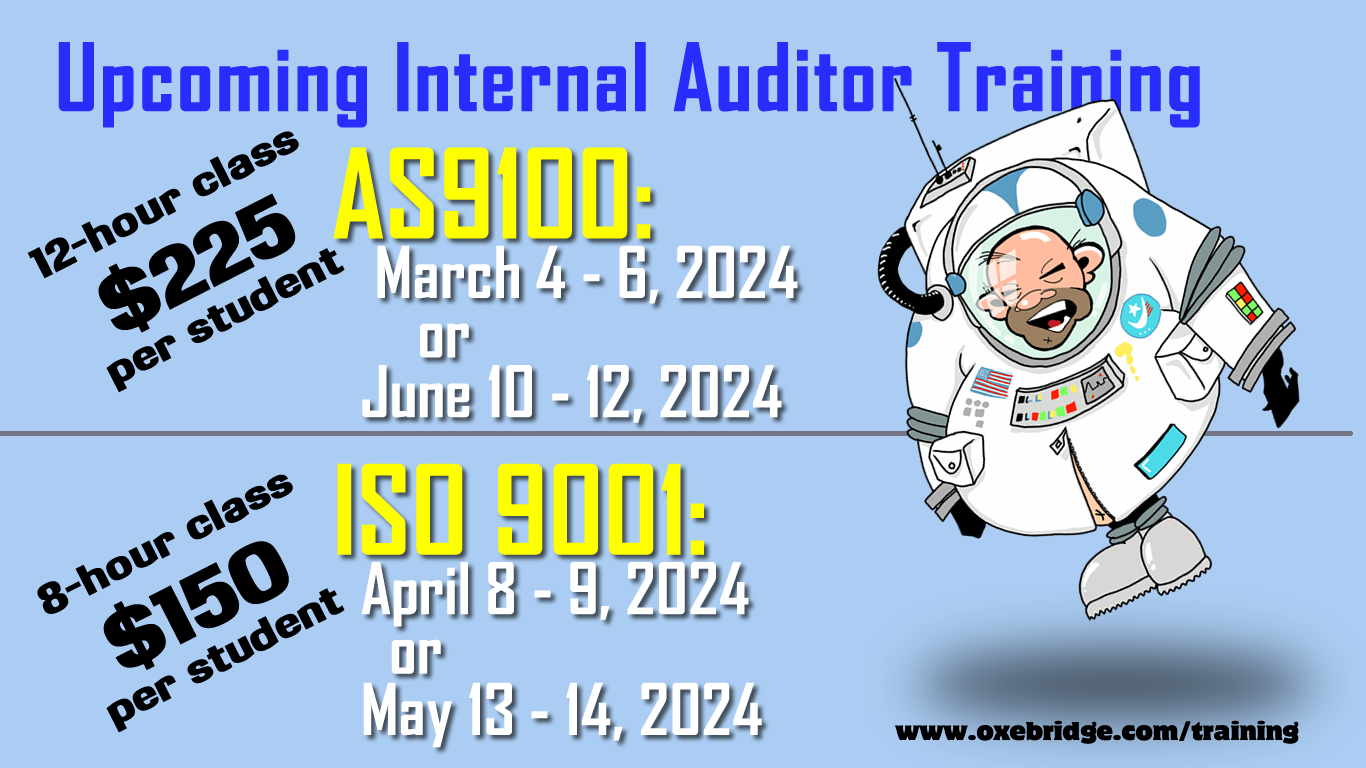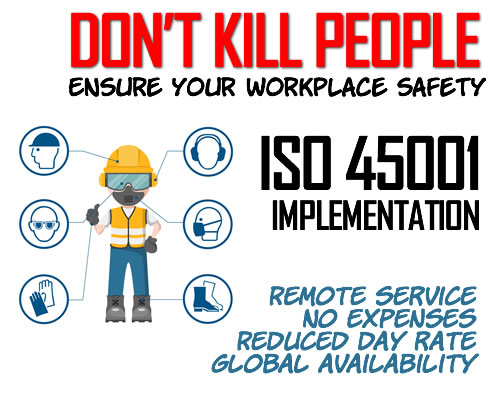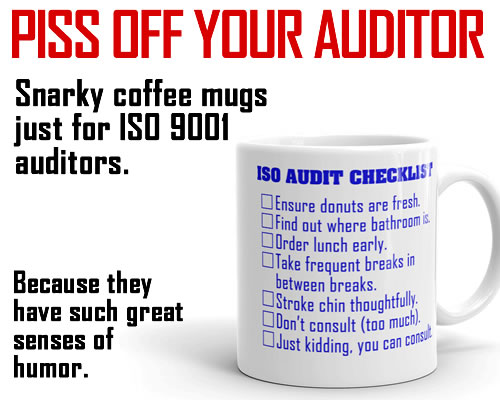The official IAQG Supply Chain Management Handbook (SCMH) guide on Human Factors includes plagiarized material taken from multiple third-party publications, reproduced without attribution. The IAQG then claims copyright on the document, infringing on the legal copyrights of the original content producers.
The document is SCMH 3.6.2 Human Factors in New Manufacturing, originally published in 2014 and recently updated in 2021. The plagiarized material appears in both editions. The document is produced by the IAQG’s People Capability Team, which was led at that time by Jesse Mangual of Moog Aircraft. The “champion” for the Human Factors publication was listed as Geoff Shirley, formerly the VP of Quality Assurance for Rolls Royce, and currently the Quality Director for Easat Radar Systems.
In one section, the Human Factors guide reproduces entire paragraphs from publication CAP 716 of the UK Civil Aviation Authority without proper attribution. The SCMH then claims copyright of the document by IAQG. The CAP 716 document, meanwhile, claims original copyright by the UK CAA.

Rather than formally attribute the content to CAA, the SCMH guide instead says, “Guidance material on the design and writing of procedures is provided in CAP 716 Aviation Maintenance Human Factors,” implying it is a supplementary document, and not the original source.
Elsewhere, the SCMH guide reads, “Note: for the research were used following documents… “Aviation Maintenance human factor (EASA 145)” Cap 716 Appendix H by CAA.” The actual plagiarized text was taken from a different appendix of CAP 716.
Ironically, the plagiarism continues in a section on “Just Culture” in the SCHM guide, where it plagiarizes additional text from the CAA document.
In another section on “safety management systems,” the IAQG’s text is lifted from an ICAO publication SMS-001 Implementation of Safety Management Systems. Again, the SCMH document fails to properly give attribution to the source material.
The use of plagiarized material in official ISO and other standards-related publications appears to be growing without any restraint. Oxebridge previously reported that ISO TC 176 committee’s Future Concepts working team plagiarized content for its publication, lifting material from multiple sources, including university course materials. ISO has refused to take action on the issue, and has not released an updated document with proper attributions.
The problem is exacerbated by the use of non-professional writers to draft documents, and then a refusal by such organizations to perform basic editing or plagiarism checking before publication. Organizations like ISO often have no budget for such activities, despite publishing being their sole source of revenue. and the content is developed by unpaid volunteers. The IAQG documents are published by SAE, a standards publishing company.
Oxebridge has notified the IAQG and People Capability Team of the plagiarized content in the Human Factors guide, but has not heard back.
Both IAQG and ISO reside in a “supra-legal” status, as international nonprofit organizations, and operate largely without any legal oversight. Because of their international status, and formal arrangements with world governments, using court systems to enforce laws on ISO or IAQG is a complex process that offers little success. No single national government can impose any restrictions on them, since they operate across borders.





